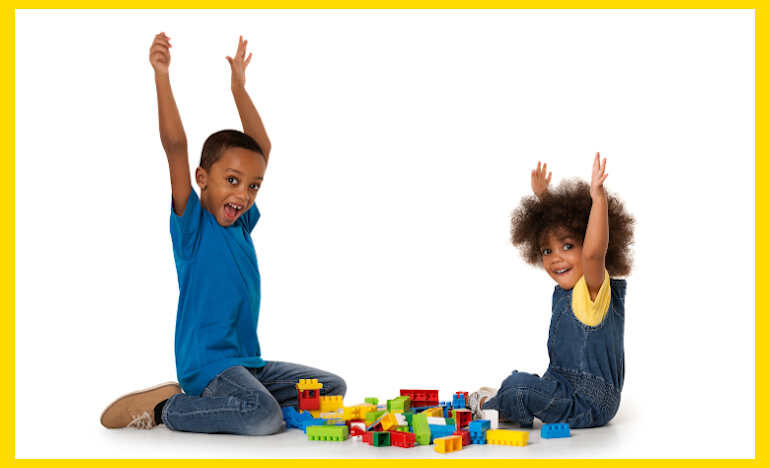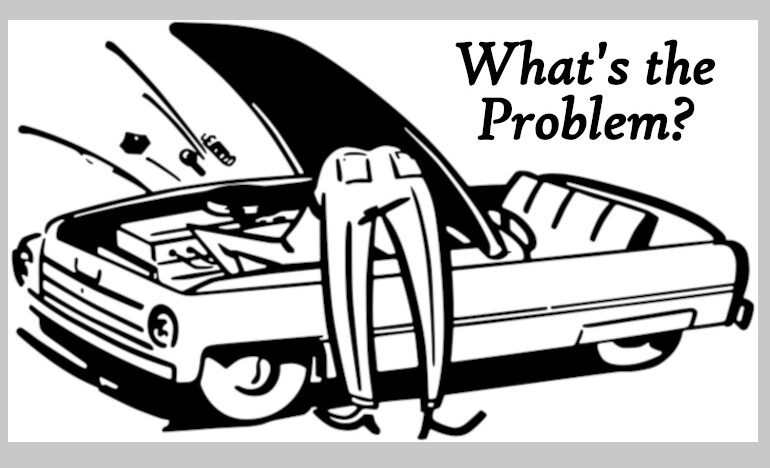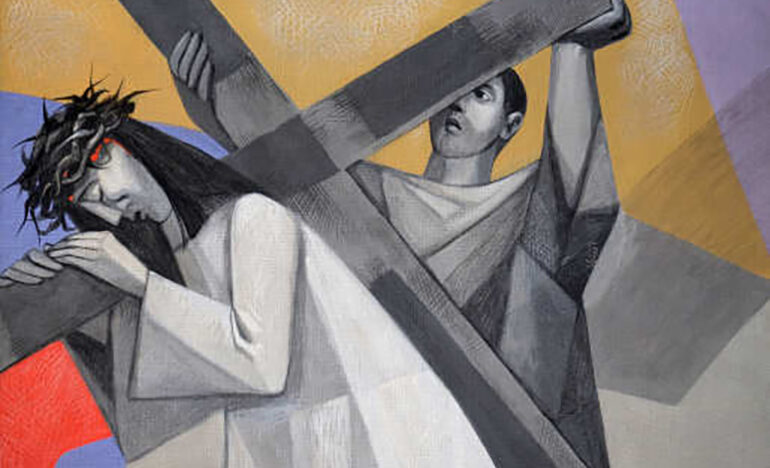Family Matters #9: Positive Values, Responsibility

By Lucia Ferrara
When my kids were the ages of 8, 5 and 2, I taught them that if they pulled out the building blocks to play with, then they needed to put the blocks back in the toy chest when they are done playing. I let the kids know that I was not going to do that for them.
I believe that teaching our children the value of responsibility is very important and that we need to start at an early age.
Responsibility is Asset 30 of the 40 Developmental Assets the Search Institute has defined as positive values young people need to develop strong values and make healthy life choices.
These 40 Developmental Assets, according to the Search Institute, a Minnesota-based organization that researches and promotes positive youth development, are “the qualities, experiences and relationships that help young people grow up healthy, caring and responsible.”
While “being responsible” may have has different meanings for different people, when we refer to “being responsible,” we mean that young people who can make decisions and are ready to be answerable to others for their choices and behaviors.
I tried to start teaching my kids about responsibility with their toys. As they got older responsibilities became different. For example, as school age kids, they each had a chore in the house they were accountable for, like taking out the trash, setting the dinner table, or picking up dirty dishes from the dinner table. By the time they were in high school, they knew how to do their own laundry.
The value of responsibility becomes important because all these things we teach our young ones help generate a strong society later on in life. These attitudes foster positive atmospheres, sportsmanship, friendships and much more.
All the articles in the Family Matters series are available here.
As parents we teach our kids about responsibility not because we don’t want to do their laundry or take the trash out, but because we want our kids to become responsible members of society. We ask ourselves, will he/she be able to take care of his/her own basic needs and enter into life in the community assuming accountability for their actions?
When teaching or preserving responsibility, we must first identify what we want our young people to be responsible for. Next we analyze what skills are needed for that area, and then we strategize about how to help the kids obtain these skills.
Never miss an article published to the Renewal Center website: Sign up to receive our newsletters.
Young people are motivated by influences. By influences, I mean parents, peers, community and social media. Our children learn from us, watching what we do or don’t do at home. I believe parents need to structure teaching responsibility as a skill so the children can succeed and develop healthy self-esteem. Giving young people a chance to be responsible is important . It means following rules, being strong and successful. Just give them a chance to do their best, sometimes without assistance. As I mentioned before we need to model in responsible behavior and show them how to take care of ourselves, follow through with commitments and most importantly learn from our mistakes.
I leave you with a few reflections to think about:
- Talk to your kids about community service and how important it is when you commit yourself to a project or church function that you follow through because people are counting on you. Do not minimize it.
- In your home create together a chart of family chores. Include everyone’s responsibility, even yours.
- Discuss during family dinner that actions have consequences. It attaches actions with results. Cultivate their understanding of themselves and develop a sense of empathy from different viewpoints.
Until next time.
[Lucia Ferrara is the Director of Hospitality at Precious Blood Renewal Center and the lead organizer here of Parent Cafes. Share your thoughts with Lucia or ask her questions by using the form below or sending an email to mailto:minfo@pbrenewalcenter.org. Read more about the Parent Café here.]
Image © Len4foto | Dreamstime.com
Related

What’s the Problem?
By Fr. Garry Richmeier, C.PP.S.
You can’t fix a relationship or a behavior like a mechanic fixes a car or a surgeon “fixes” a patient. Behaviors and relationships don’t have parts that can be fixed or replaced when the break or malfunction.

Lent Video Five – Meditation: “Only a Shadow of You Love”
Next Sunday is Palm Sunday and next week is Holy Week. In anticipation of those solemn commemorations, today, Fr. Ron will help us pray and meditate on the Stations of the Cross.
Categories
Assembling God's Puzzle Coffee with Padre Cooking & Spirituality Encounters of the 4th Kind Family Matters Reflections on the Eucharsitic Prayers Spiritual Resources Taize Prayers The Contemplative Life Traveling with Pilgrims of Hope Uncategorized Videos Week of Prayer for Uhristian Unity When you need a little help
